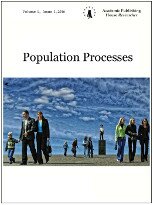Essential Guide to Moving to Alicante, Spain: Tips and What You Need to Know
Relocating to Alicante, a vibrant city on Spain’s Costa Blanca, can be a dream come true. With its sun-soaked beaches, rich history, and welcoming community, Alicante offers an excellent quality of life. Whether you're moving for work, retirement, or simply a change of scenery, there are some key things you need to know before settling down in this charming Mediterranean city. This guide and other relevant HappyLife.es travel blog articles about life and entertainment on the Costa Blanca are a godsend for tourists and expats.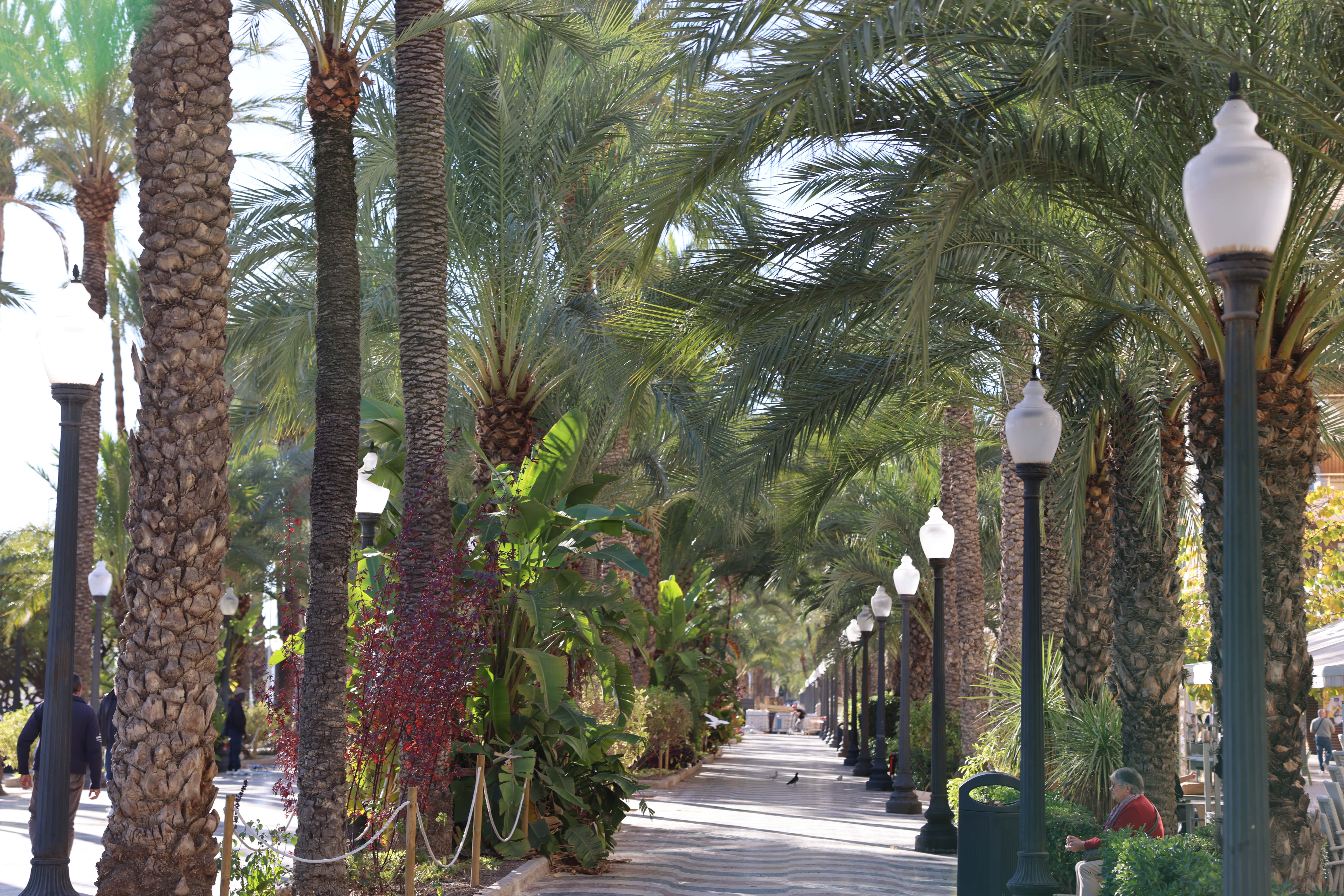
1. Understanding Alicante’s Lifestyle and Culture
Alicante boasts a relaxed yet lively lifestyle that perfectly balances work and leisure. The city is known for its warm climate, with over 300 days of sunshine each year. The laid-back atmosphere is reflected in the local culture, where people value socializing, enjoying good food, and spending time outdoors. From bustling markets to vibrant fiestas, you’ll quickly become immersed in Alicante’s rich traditions.
If you’re planning to integrate into the local community, learning some Spanish will be beneficial. While many residents speak English, especially in tourist areas, having basic Spanish skills will help you navigate daily life and connect with locals on a deeper level.
2. Finding Accommodation in Alicante
One of the first steps in your relocation is finding the right place to live. Alicante offers a wide range of housing options, from modern apartments in the city center to traditional villas in quieter neighborhoods. Popular areas include the city center, the beachside neighborhood of El Postiguet, and the residential area of San Juan Playa.
Property prices and rental rates are generally affordable compared to other Spanish cities like Madrid or Barcelona. If you’re planning to rent, expect to pay around €500-€800 per month for a one-bedroom apartment in the city center. For those interested in purchasing property, the price per square meter ranges from €1,500 to €2,500, depending on the location and property type.
3. Navigating the Legal Requirements
Before moving to Alicante, you’ll need to ensure all your legal paperwork is in order. If you’re an EU citizen, the process is straightforward, as you won’t require a visa to live and work in Spain. However, you will need to obtain a NIE (Número de Identificación de Extranjeros) and register with the local town hall (empadronamiento).
For non-EU citizens, a visa and residence permit are required. The specific visa you’ll need depends on your purpose of stay, whether it’s for employment, studying, or retirement. Ensure that all your documents are up-to-date, and consider seeking advice from a relocation specialist to avoid complications.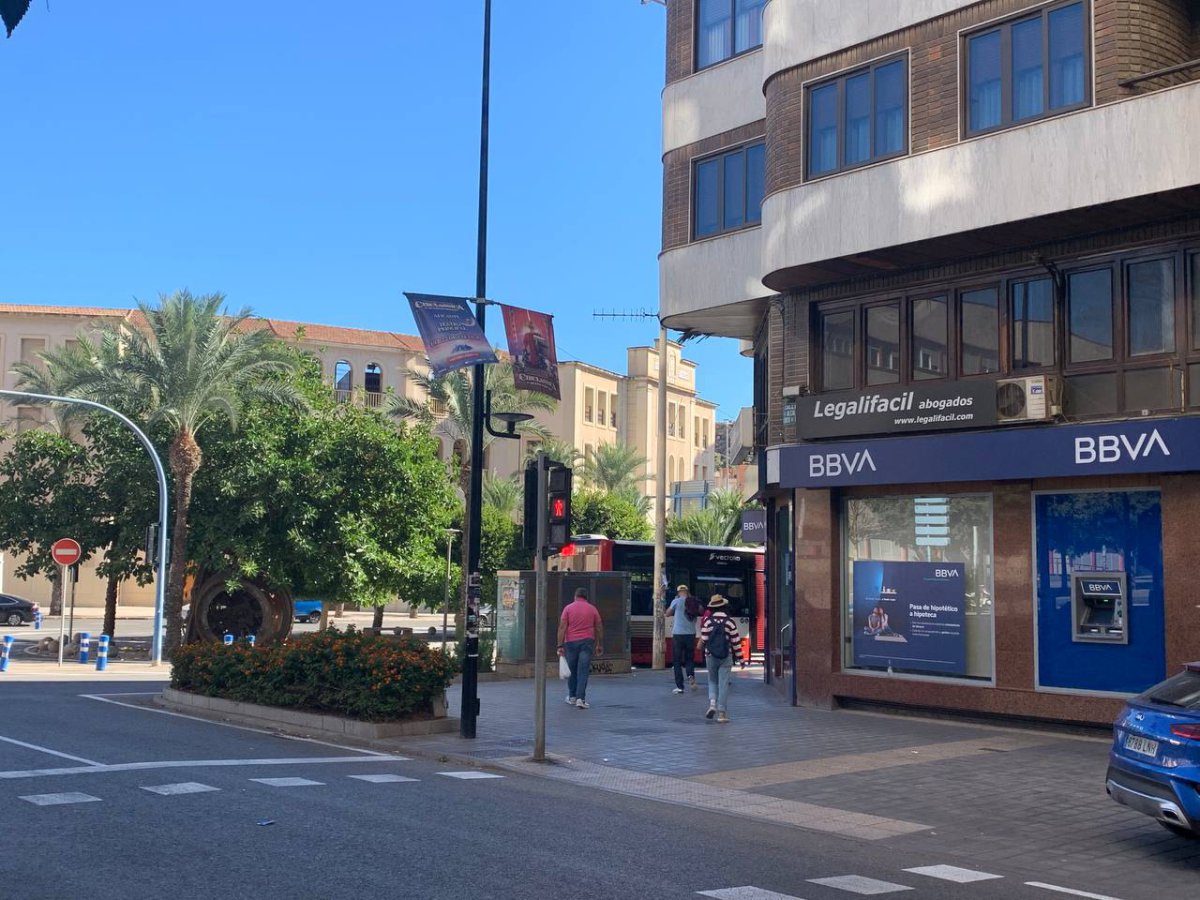
4. Understanding the Cost of Living in Alicante
Alicante offers a relatively low cost of living, making it an attractive option for expats. Groceries, dining out, and utilities are generally affordable. For example, a meal at a mid-range restaurant costs around €10-€15, while a monthly grocery bill for a single person can range from €150-€250. Public transportation is also inexpensive, with a monthly bus pass costing approximately €40.
When budgeting for your move, consider expenses such as health insurance (if not covered by Spain’s public healthcare system), local taxes, and utilities. Alicante’s mild climate also means lower heating costs compared to other regions in Europe.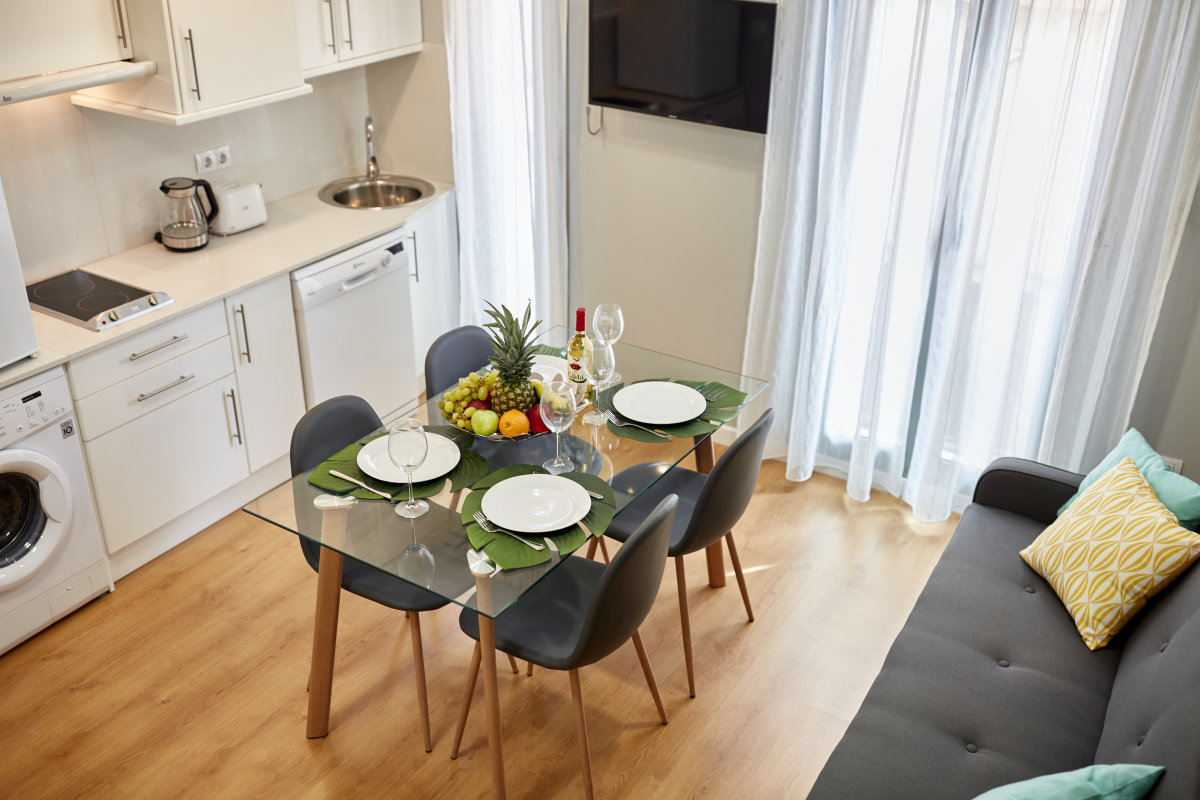
5. Healthcare in Alicante
Spain’s healthcare system is known for its high quality and accessibility. Both public and private healthcare services are available in Alicante. If you are an EU citizen, you can access public healthcare with a European Health Insurance Card (EHIC). For non-EU residents, private health insurance is recommended.
Alicante has several reputable hospitals and clinics, both public and private. The city’s healthcare facilities offer a wide range of services, from general practitioners to specialized treatments. It’s worth noting that many medical professionals in Alicante speak English, making it easier for expats to access healthcare without language barriers.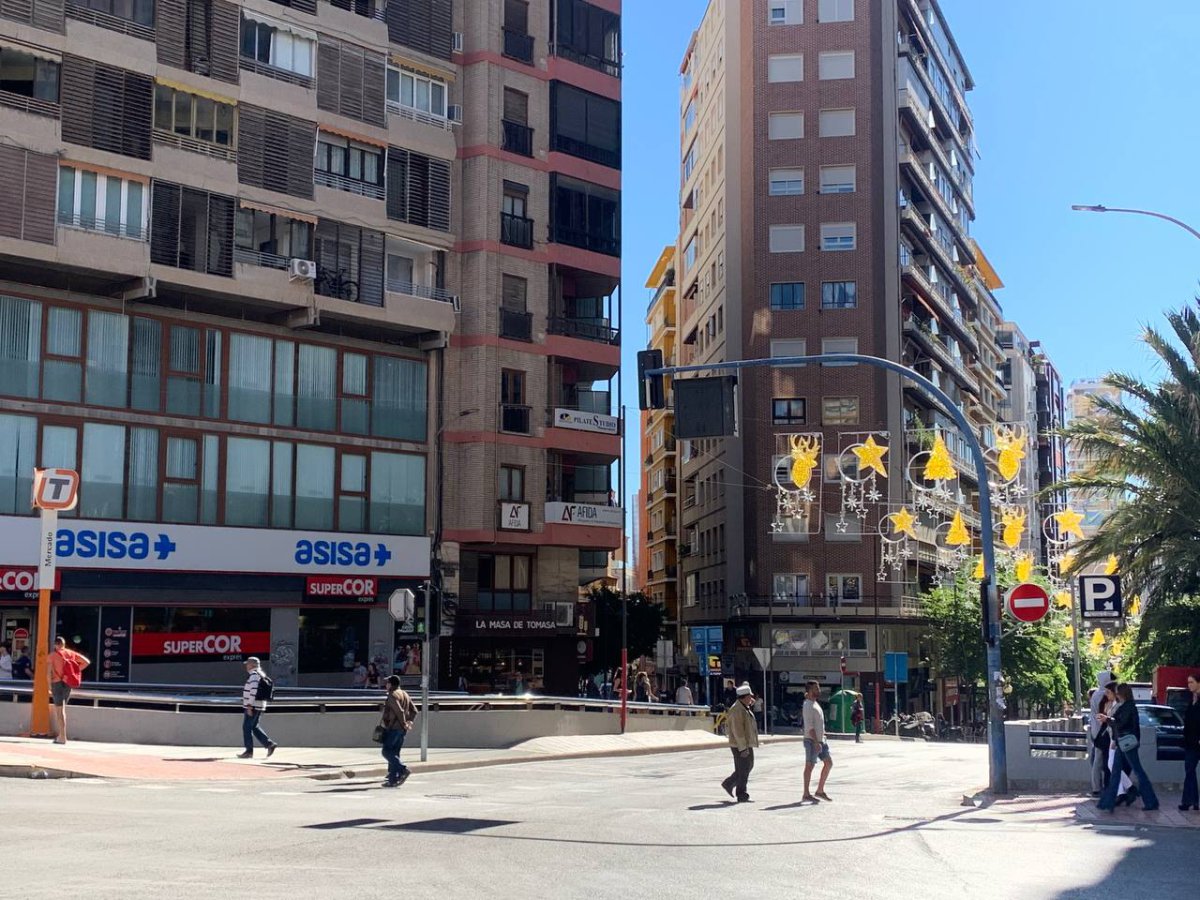
6. Education Options for Families
If you’re moving with children, you’ll find plenty of educational options in Alicante. The city offers public, private, and international schools. Public schools are free and follow the Spanish curriculum, while private and international schools may offer British, American, or other international curriculums. Popular international schools include the European School of Alicante and King’s College Alicante.
For younger children, nursery schools and daycare centers are also widely available. It’s advisable to research schools well in advance, as spaces can fill up quickly, especially in popular international schools.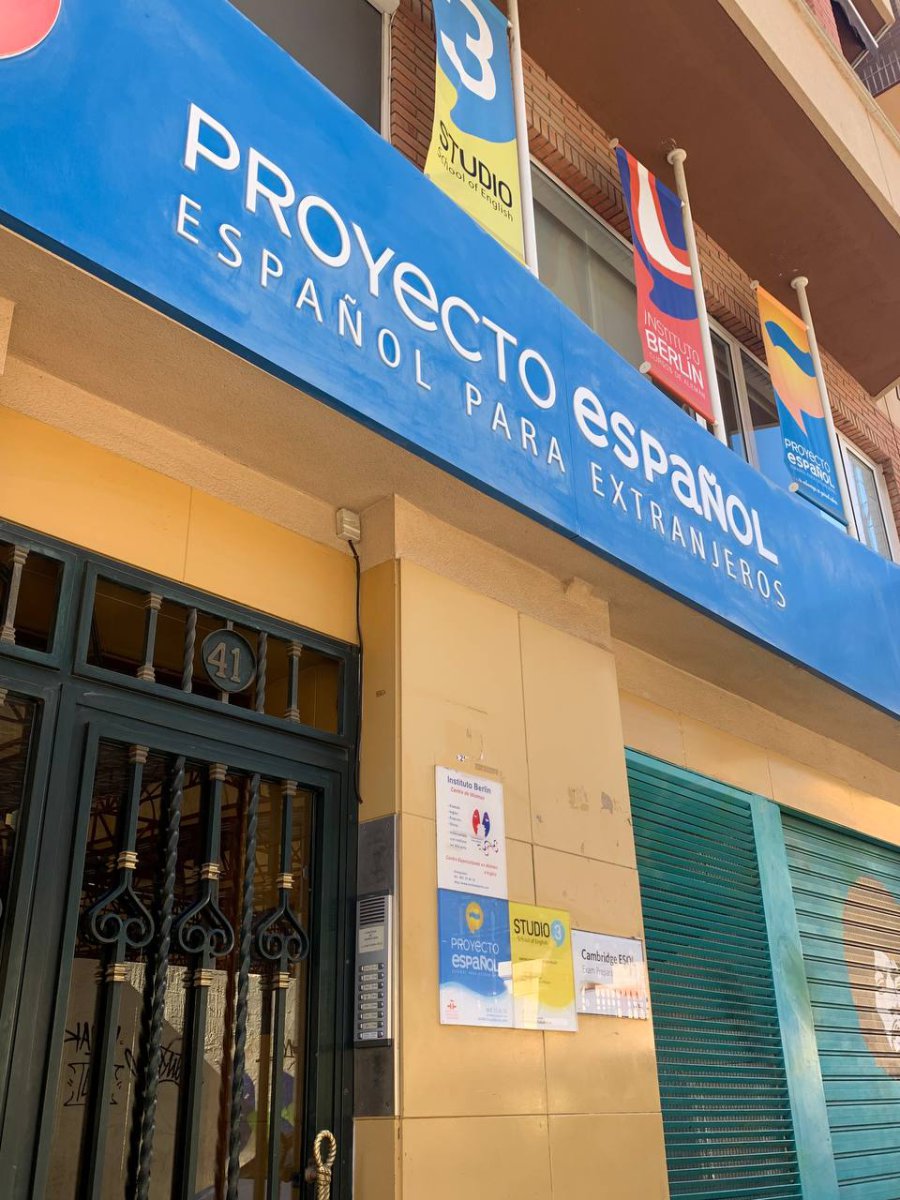
7. Employment and Business Opportunities
Alicante’s economy is diverse, with opportunities in tourism, real estate, education, and the service sector. The city is home to several multinational companies, making it an attractive location for expats seeking employment. If you’re an entrepreneur, Alicante’s growing expat community offers a favorable environment for starting a business.
For those looking to work remotely or freelance, Alicante’s reliable internet infrastructure and numerous co-working spaces make it easy to stay connected. Networking with other expats and joining local business groups can help you find job opportunities and build professional relationships.
8. Getting Around in Alicante
Alicante’s well-developed public transportation system makes it easy to get around the city and explore the surrounding areas. The city’s tram and bus network is affordable and efficient, connecting major neighborhoods, beaches, and the airport. For those who prefer driving, car rentals and taxis are readily available.
Alicante is also a pedestrian-friendly city, with many attractions, shops, and restaurants within walking distance. If you plan to travel beyond Alicante, high-speed trains and buses connect the city to major destinations like Madrid, Valencia, and Barcelona.
9. Experiencing the Local Cuisine and Social Scene
One of the highlights of living in Alicante is enjoying its Mediterranean cuisine. Fresh seafood, paella, and tapas are staples of the local diet. The city’s markets, such as Mercado Central, offer an abundance of fresh produce, meats, and artisanal products.
Alicante’s social scene is vibrant, with numerous bars, cafes, and cultural events throughout the year. From the lively Explanada de España to the historical charm of the old town, there’s always something to do in Alicante. Festivals like Las Hogueras de San Juan and Carnaval bring the community together, offering a taste of local culture and traditions.
Moving to Alicante, Spain, offers an exciting opportunity to enjoy a Mediterranean lifestyle in a beautiful and welcoming environment. By understanding the essentials of living in this city—from housing options and legal requirements to healthcare and education—you’ll be better prepared for a smooth transition. Alicante is more than just a tourist destination; it’s a place where you can truly feel at home.








